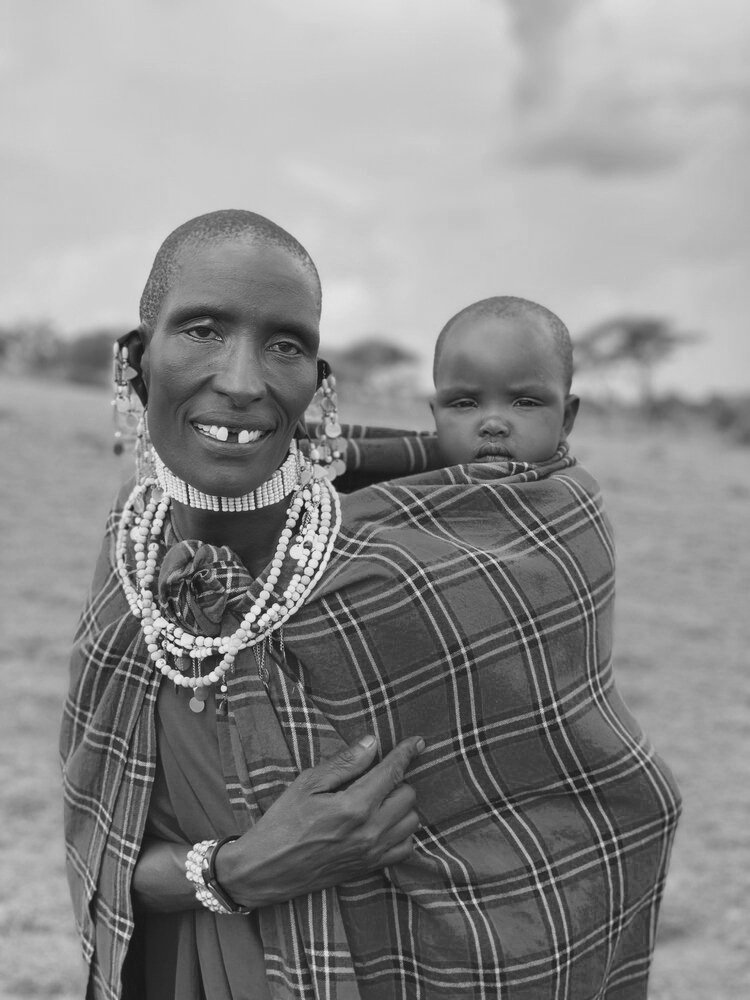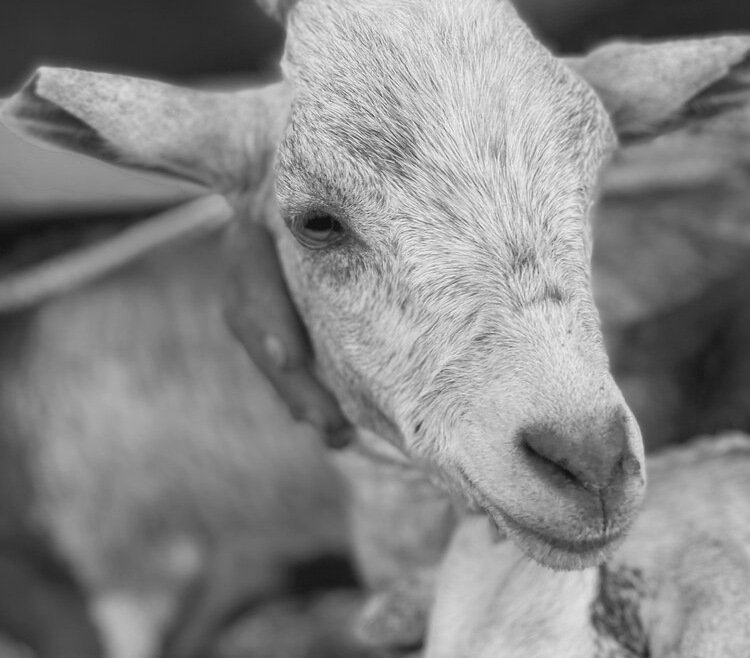Initiatives
Sister Boma | Ngorogoro, Tanzania, 2022
Maasai women face significant challenges due to cultural norms that limited their ownership of livestock—the primary source of wealth and sustenance. When a Maasai women loses her husband, she also loses her source of food and livelihood, leaving her extremely vulnerable. Most mothers have 4 to 6 small children for whom milk is a main food source, making livestock essential for survival.
The pressures of modernisation, tourism development and government policies have added new layers of complexity to the lives of indigenous communities like the Maasai. Changes that disrupt traditional livelihoods and access to natural resources, further exacerbating the vulnerabilities faced by communities.
Identified by local Maasai councils, the Sister Boma initiative supported a total of 65 widowed mothers and their children from diverse areas of the reserve in achieving self-sufficiency. The women, previously reliant on handouts of maize for survival, now own their homes and livestock for the first time in their lives, and have access to water thanks to the community-built Boma.
Central to the initiative was the achievement of self-sufficiency, primarily through livestock. Goats offer a sustainable source of milk and yogurt, which can be consumed or traded, enhancing both nutrition and economic stability. In line with Maasai tradition, the children of the Sisters Boma actively care for the goats, ensuring the herd thrives and grows independently over time.
Through contributions, we expanded the Boma community, welcoming more widows in need and further invested in the long-term benefit to the community.



